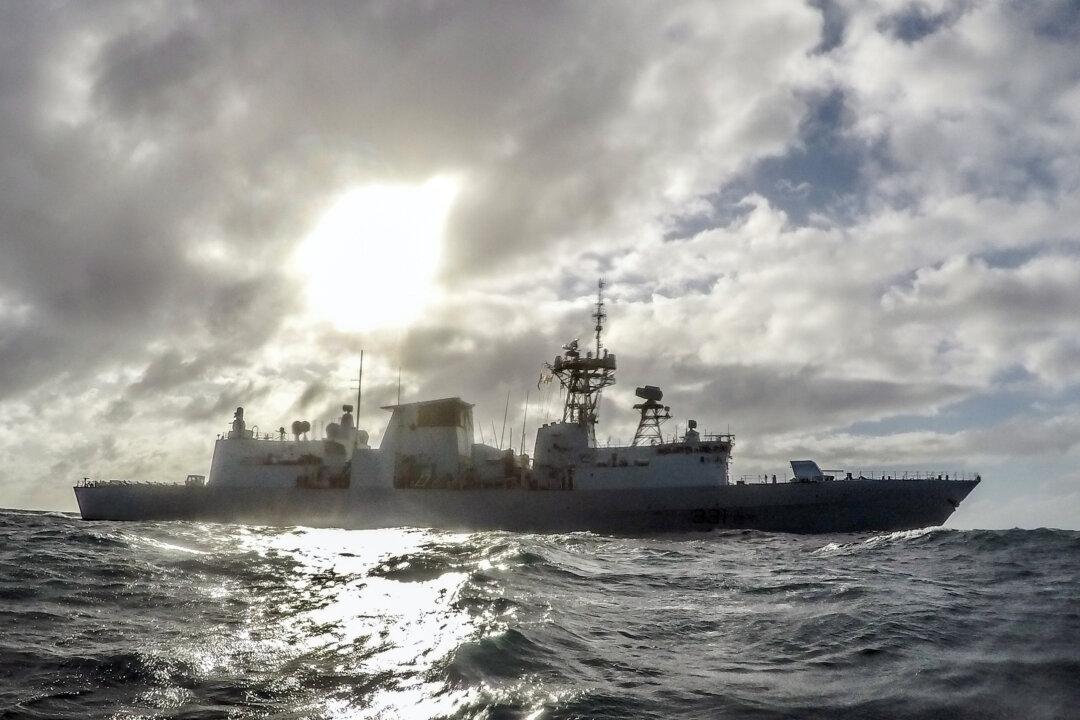OTTAWA—A reinvigoration of efforts in the Indo-Pacific alongside U.S. initiatives should guide the next iteration of Canada’s foreign policy and defence, experts say.
Canada has to think carefully about what its roles are in the Indo-Pacific in concert with the United States to promote security globally, Robert Spalding, retired U.S. Air Force general and former senior director for strategy at the National Security Council, told The Epoch Times.





